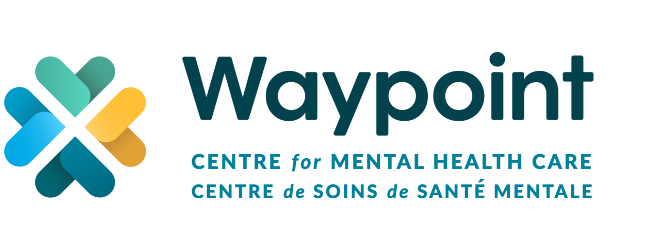Cher Obediah shares her journey for Woman Abuse Prevention Month
This November, in recognition of Woman Abuse Prevention Month, Waypoint is honoured to share the story and insights of Cher Obediah — a filmmaker, speaker, author and artist from Six Nations. By highlighting Cher’s lived experience as a survivor, Waypoint hopes to deepen understanding of the lasting impacts of intimate partner violence and the vital role mental health services play in recovery.
Cher is Ojibway and Mohawk, Turtle Clan, from Six Nations of the Grand River Territory, with roots in Alderville First Nation. A multidisciplinary and heart-centred creative who empowers others to shine their brightest light, she believes self-knowledge is a catalyst for collective healing and change.
With a background in theatre, television and film, she lends her energy to projects that focus on holistic health, Indigenous culture, domestic violence, youth-driven initiatives, and content that inspires others to recognize their worth.
Waypoint thanks Cher for sharing her story, as it is a reminder that healing and change are possible when we listen to the voices of survivors.
What does Woman Abuse Prevention Month mean to you personally?
I used to say, “I would just leave if anyone was abusive to me,” and then it happened and I stayed — for years. November to me is about awareness, education and changing long-overdue social perspectives.
How did you begin your journey toward healing after experiencing intimate partner violence?
I was distraught, addicted to my partner, calibrated to chaos and mind messed. For me, the beginning was a mixture of writing poetry, an unwavering commitment to inner peace, a desire to understand my emotions and psychology.
What role do mental health services play in supporting survivors of abuse?
Due to the invasive way abuse rewires neurology and leaves you cognitively reduced, mental health services are critical. It saves lives. Most people don’t understand the brain damage that occurs. It’s extremely painful. I looked like myself, but was absolutely not myself.
What message would you share with someone who might be experiencing abuse right now?
For anyone suffering beneath the weight of their partner’s woundedness, I would say it’s critical to listen to your intuition. Believe the patterns, not the person. Your spirit isn’t here to shrink or suffer. Healing isn’t easy, but it is empowering.
How can communities and organizations like Waypoint help create change?
I believe organizations must focus on prevention vs. intervention, as well as better cross-sector co-ordination. It’s also important not to brand, but rather understand the roots of abuse in Indigenous populations. The risk for racism and violence is significantly higher due to genocide and historical transmission.


